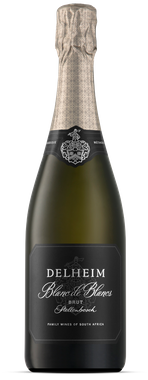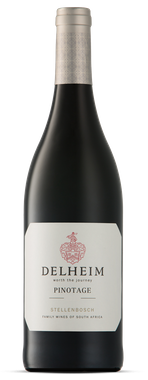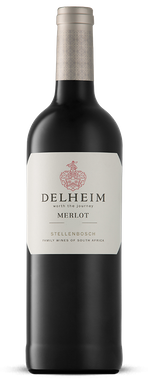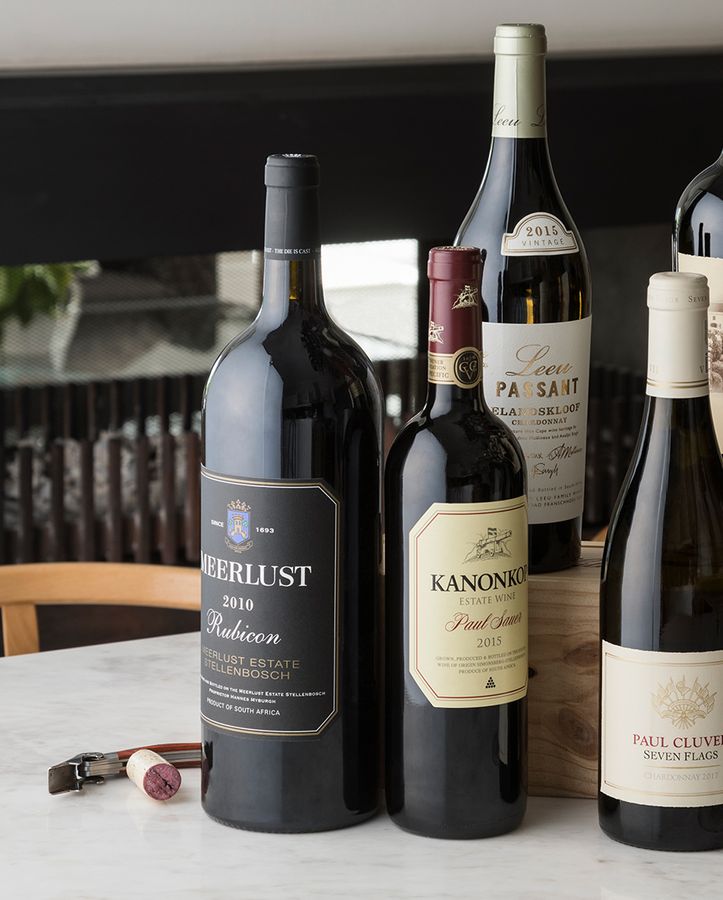I did not know him, but I feel that I know him now {in as much as he was willing to impart}, as if he had just sat down and told me his story in person. What’s more, I like him.
He was ‘die blêrrie Duitser' by his own admission, a term of endearment (in retrospect) to be sure. He writes in an intriguing milieu of English, Afrikaans and German, unabashedly, with the authority of age, writing as he thought. I like memoirs, hindsight adds a glimmer of glamour, sometimes finding the comedy in seemingly difficult situations, sometimes highlighting a turning point. Spatz’s recollections are larger than most and now belong to the farm and the industry he helped build. A German by birth, a would-be oenologist by trade, and a family man at heart, his story is marked by a sense of humility as evidenced by his respect and understanding of the land and its people, and the many trials and pitfalls he experienced as winemaker at Delheim.
Cellar Stories and Other Disasters
Chapter 6, entitled “Cellar Stories and other Disasters” is hilariously captioned: “I am under strict instruction from the “Public Relations Department” to refrain from relating any new disasters.” An epic account of the many entertaining events that played out in the cellar. Events such as the late owner Hans-Otto Hoheisen overseeing the ‘tapping over’ of two, presumably Cabernet Sauvignon containing tanks by bucket, only to later realise that they were in fact combining Cabernet Sauvignon with Riesling. "The result: a pink Riesling, the only ever to be sold in South Africa!” Or the time when old Bakvis (Andries September) found Sperling sprawled out on the cellar floor, and an overturned tank of Pinotage leaking down the mountain, having gotten a bit dizzy of the Carbon Dioxide fumes, crying out: “Maar Baas, wat maak Baas nou?” {Boss, what are you doing now?} Or the time Adam Hendrickse borrowed the truck to visit his grandmother in Stellenbosch and ended up with a 1000 gallon tank of Delheim wine marooned on the traffic island in the middle of town. Or the time Katy the cow developed a penchant for Pinotage and subsequently died of alcohol poisoning after having wandered into the cellar and consumed around 20 litres of prize tipple. They heroically tried to save her with anti-alcoholic injections, heart-strengthening drips and even hot black coffee, to no avail. “The lesson learned? I would always recommend to offer children little sips of wine from an early age, and encourage moderation to prevent overstressing the liver at a later stage.” - Spatz.
Tante Del
Sperling came to Delheim via his aunt, Del Hoheisen, as she was looking for someone to help her run the farm. Originally called Driesprong, the burgeoning wine business was named ‘Delheim’ in 1961/2, 'Del’s Home’, for the woman who fought so hard for the farm that had proven a thorn in her husband’s side [given his inability to farm it effectively himself]. She found in her nephew a passionate, can-do attitude, that propelled Delheim wines to the forefront of the industry, and made him one of the architects of an industry on the brink of revolution. I’ll get to the revolution in a minute, but would like to spend a moment on that can-do attitude of his. The many, many things that stood in his way to create a self-sufficient farm was solved by, as he says: “Lack of money and Tante Del’s inherent thriftiness certainly helped instil in me the reality of a common South African axiom that holds an invaluable lesson: ’n boer maak ’n plan.” {a farmer always makes a plan.} “One realises that the art of success is to sieve out the minor points for the sake of issues of importance.” Which he did, winningly.
The Three Angry Men
One of these issues of importance was determining the meaning of the term ‘Estate wine’. Sperling was one of the “Three Angry Men with a Cause”, consisting of Frans Malan of Simonsig and Sydney Back of Backsberg. Together they fought many causes, with a hand in the creation of the Wine of Origin scheme, the Stellenbosch Wine Route and the Nederburg Wine Auction - all cornerstones of the industry today. It was his foresight that allowed him the power to affect these acts of revolution. A foresight best characterised by his exclamation when his financial advisors questioned the R600 000 price tag of the 80 hectares that were to become his winning red wine vineyard: “You fools!”, I cried. “God gives us a piece of land so beautiful, so fertile, and you question the price?”
Today
Today Delheim’s wines have benefitted from this great store of knowledge. His children continue his efforts, as was his wish, and beautifully so as evidenced by just some of the ratings you’ll note. But in the end, it was his humility that won me over, a self-made, humble, hard-working man this, but you’ll have to read his story yourself to understand. Should you have a spare hour or two, you’ll find it here.
"I, Michael Sperling, arrived in South Africa on 19 April, 1951, with nothing. Today, 52 years later, I have one wife, four children, three farms – each one more beautiful than the other … and a R3 million overdraft. Moreover, I have a thriving business that, after 50 years, still tries to make a decent profit."



